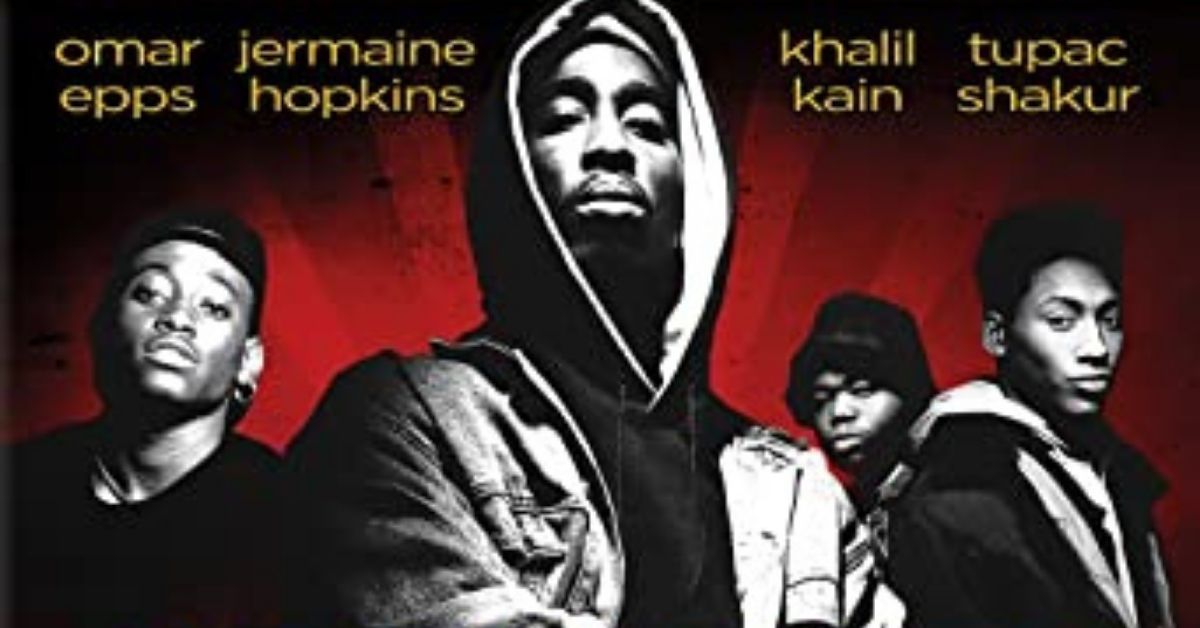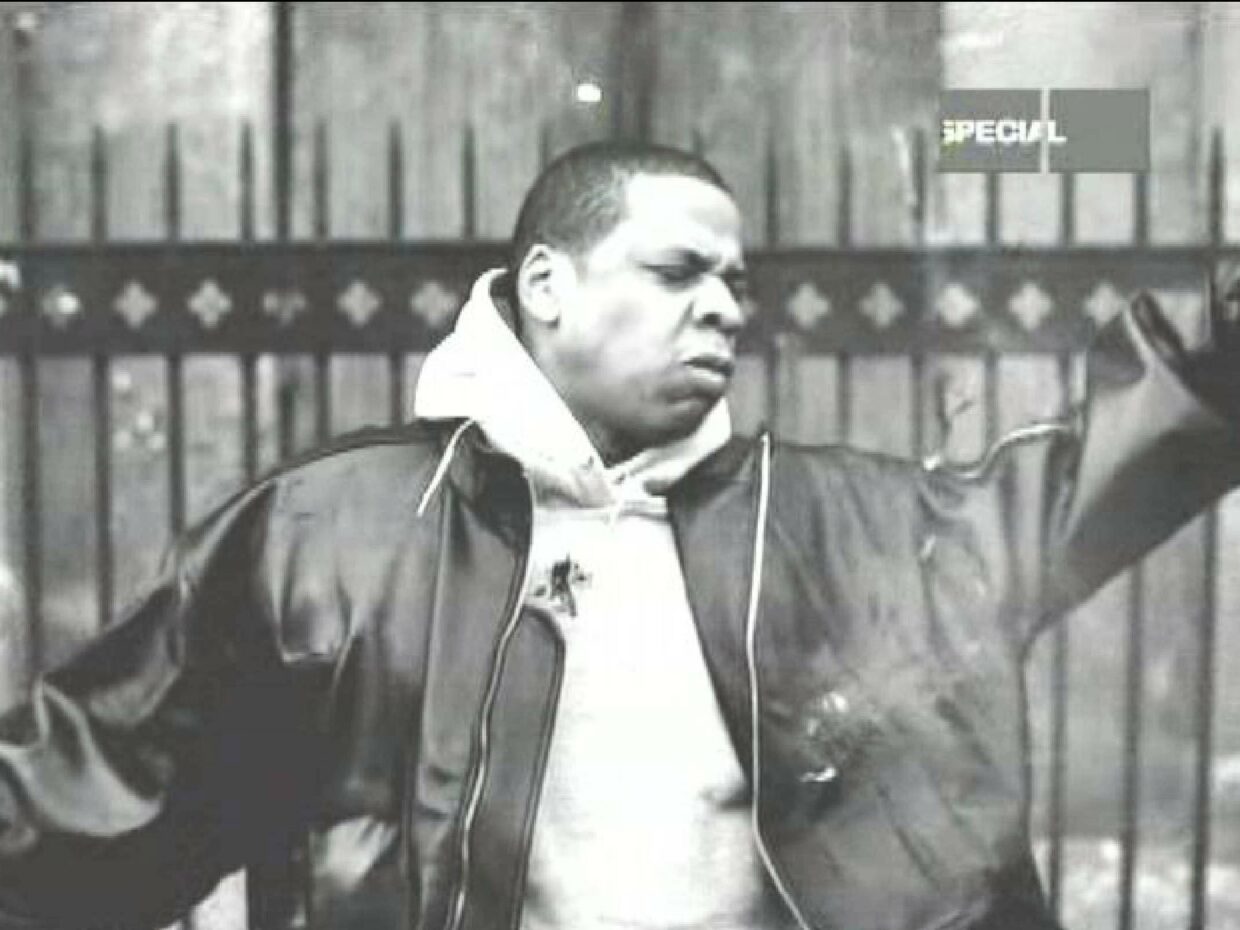Juice, 1992

They were a teenaged crew out of Harlem that allowed the moviegoer into the complicated dynamics of growing up in the steely streets of Black America’s Mecca. The coming of age rap thriller circled around four very different but relatable personalities that tend to make up most friendship clusters. There was Q (played by Omar Epps) is the golden child of the crew, a star child involved in an inappropriate relationship with an older woman, and a bubbling DJ that is getting attention from the “who’s who” in the local rap scene. Then there was Raheem (played by Khalil Kain) who is the glue of the set, a handsome guy with a baby moms that seems the only thing that moves him out of his mature leadership role.
One of the guys in the crew was tender and cool Steel (played by Jermaine Hopkins), who was that kid in the neighborhood that had the house that everyone could hang out at without adult supervision. He also was the comedian that kept everyone entertained — mostly because he was usually the one that ended up being the butt of the joke. Now Bishop, the antagonist to Q’s superstar, was played by Tupac Shakur.
Bishop is Juice is probably Tupac’s best showing on film. Such a hood sociopath, he embodied the most horrible characteristics that plague young men who go crazy because of the post-traumatic stress that is every prevalent in the hood. He is what happens when you don’t hug your sons every day.
